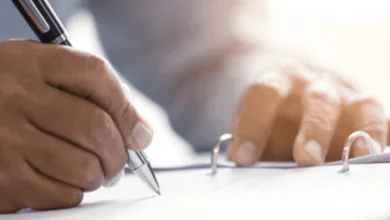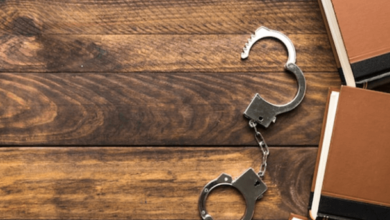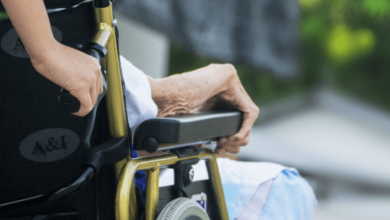
Car accidents can shake you up. Knowing what steps to take right after helps you stay calm and safe. In New Jersey, specific actions ensure your safety and protect your rights. First, check yourself and others for injuries. Safety comes first. Call 911 for any medical emergencies. Reporting the accident to the police is crucial. It creates an official record. Move your vehicle to a safe spot, if possible, to avoid further risks. Exchange contact and insurance details with the other driver. Documenting the scene with photos can help later. Afterward, contact your insurance provider to report the incident. Consider legal advice from trusted professionals like Sattiraju & Tharney to protect your interests. They guide you through the legal process with care. These steps keep you prepared and protected after an accident. Emotions may run high, but acting decisively makes a difference. Stay focused and proactive.
Immediate Steps to Ensure Safety
Right after an accident, ensuring everyone is safe is your priority. Check if anyone is hurt and call 911 immediately. Emergency services include both police and medical assistance. If the vehicles are drivable, move them to the side of the road. This simple action prevents additional accidents and keeps the road clear for others.
Why Police Involvement Matters
Having a police report is more important than you might think. It provides a reliable account of the incident. This document aids in insurance claims and potential legal actions. Always cooperate with the police. Share the necessary details but avoid admitting fault or giving opinions about what happened.
See also: Understanding the Role of a Social Security Lawyer: Your Guide to Navigating Disability Claims
Exchange of Information
Sharing information with the other driver is necessary. Details to exchange include name, address, phone number, insurance company, and policy number. This information is crucial for the insurance claims process.
Documenting the Scene
Photos of the accident scene act as valuable evidence. Capture images of vehicle positions, damages, and surrounding conditions. This documentation supports your case if there are disputes later. Don’t forget to note the time, date, and location of the accident.
Contacting Your Insurance Provider
After handling immediate concerns, inform your insurance company about the accident. Providing accurate and detailed information helps in processing your claim efficiently. Review your insurance policy to understand your coverage and benefits.
Seeking Legal Advice
Legal guidance may be beneficial, especially if there are injuries or disputes. Professionals like Sattiraju & Tharney offer expertise in handling such matters. They ensure your rights are protected and provide clarity through legal processes.
Comparison of Steps
| Step | Purpose |
| Call 911 | Ensure medical and police assistance is available. |
| Move Vehicles | Prevent further accidents and maintain traffic flow. |
| Exchange Information | Facilitate insurance claims and legal actions. |
| Document Scene | Provide evidence for claims and disputes. |
| Contact Insurance | Start the claims process to cover damages. |
| Seek Legal Advice | Protect rights and navigate legal complexities. |
Additional Resources
For more information on handling accidents, visit the New Jersey Division of Consumer Affairs. Their resources provide guidance on consumer rights and insurance claims. Also, the National Highway Traffic Safety Administration offers insights on road safety and accident prevention.
Final Thoughts
Car accidents are stressful, but knowing the right steps can ease the process. Prioritizing safety, following procedures, and seeking professional advice make a significant difference. Stay informed and prepared to handle any situation with confidence. Your actions right after an accident can protect your well-being and financial interests.




